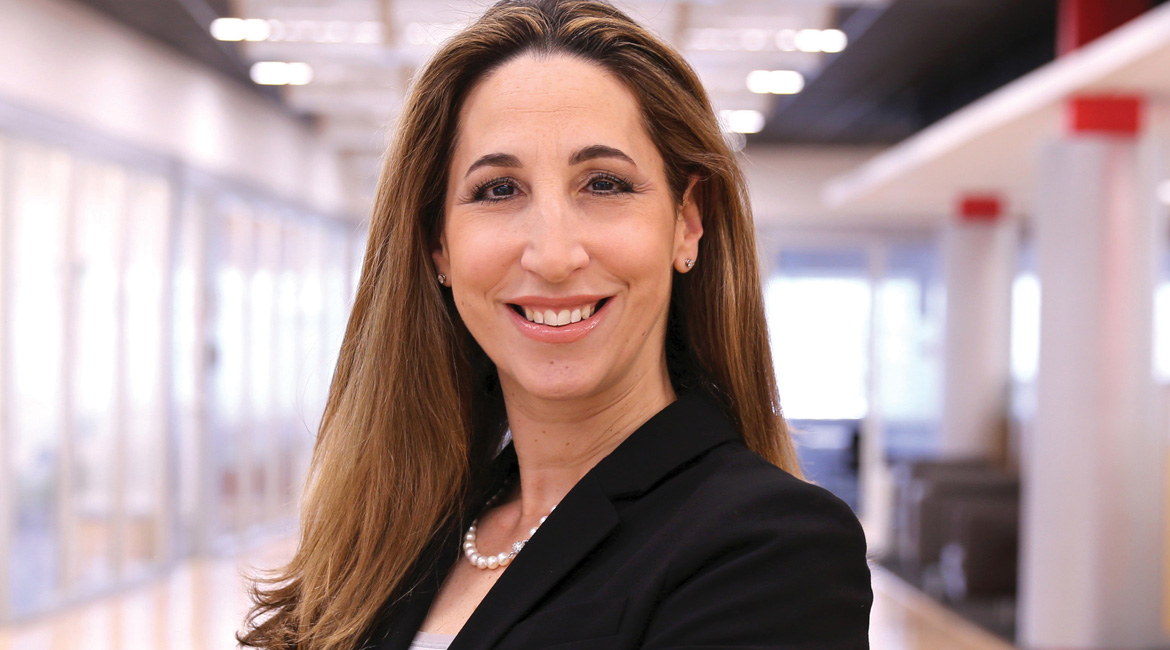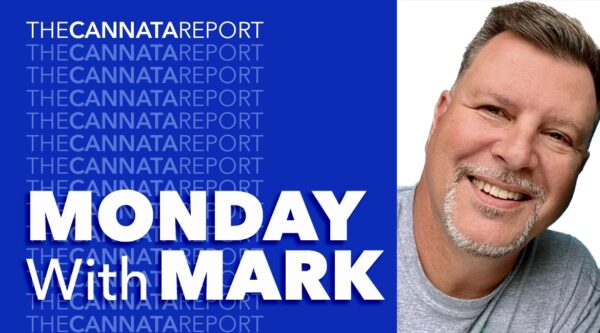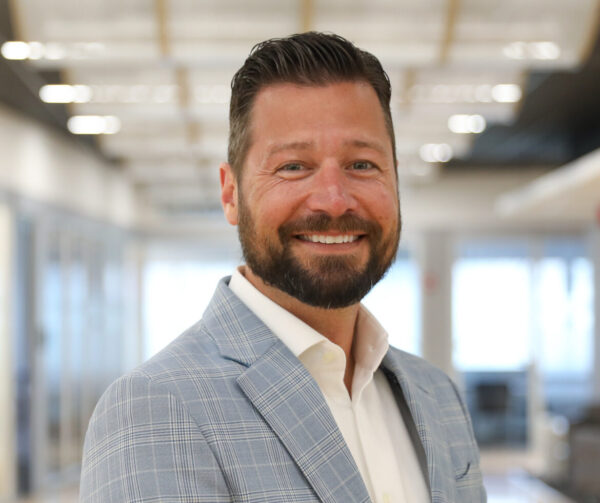The pioneering program has been an early success.
Debbie Tyler, an associate vice president and deputy general counsel at Sharp Electronics, was part of the steering committee of business leaders that developed Sharp’s women’s initiative, which they call W.I.S.E., for Women Influencing Sharp’s Evolution. The success of that initiative motivated Tyler and her colleagues to look for ways to expand Sharp’s professional development options even further, and while W.I.S.E. had focused on professional development of women , this time they wanted to broaden their focus to facilitate shared growth and development across the entire organization.
“The idea was always to find a way to create a mentorship program, and we wanted to do it for everybody,” said Tyler. “When there’s an opportunity to get involved in making a meaningful change to the company, it’s always great to get different people involved.”
Launching as a pilot program in 2022, Sharp selected 25 early-career candidates to pair with mentors, to “build the boat while we’re sailing,” Tyler laughed. Sharp had never had a formal mentorship program before, and it was an important business initiative for Sharp’s executive management team, so they decided to use this program as a one-year trial to see how participants, both mentors and mentees, responded, before assessing and adjusting as needed for following years. This cross-division, cross-functional program aimed to help make Sharp’s culture more cohesive after COVID, and to help people from all areas of the company engage with leaders across the organization.
Due to Sharp’s size and the fact that it incorporates many different businesses, the mentorship committee partnered with an outside expert to ensure they were designing a program that fit Sharp’s unique corporate culture. The expert guidance led them to realize the benefits of pairing mentees with mentors who weren’t in their direct line of management and sometimes outside their own business division.
According to Tyler, this approach was in sync with the program’s intent, which is to build bridges and cultivate relationships across the organization, help people grow professionally, and see things from a different perspective. The program matched employees based on their areas of expertise, their interests, and specific skills they were looking to grow.
“Some people have organically found their mentors in life, which is great, but that doesn’t happen for everyone,” observed Tyler. “If you have a formal structure, people who don’t know how to find a mentor can be matched with someone suited for them, and the framework creates a regular cadence to it.”
Sharp mentorship pairs meet monthly, and Tyler stressed that it’s the mentee who drives those conversations. “This isn’t a mentor just imparting knowledge,” she said, “it’s mentee driven and reflects what their goals and strengths and interests are.”
While not all mentees in the pilot program are fresh hires. the program emphasizes pairing up people with some distance between them on the corporate ladder, so the mentor is someone the mentee can look up to.
Sharp consulted a cross-section of senior leadership to analyze what had been beneficial about the mentors in their own lives and brainstormed what could be done to make it easy for mentees to get the maximum benefits from these relationships. In addition to setting aside monthly time for mentorship pairs to connect, Sharp provided conversation-boosting resources such as questionnaires and reading material to help provide a jumping-off point.
“It’s great to cultivate a relationship,” said Tyler. “That in and of itself is a tremendous value, to allow people to build relationships. Sometimes it can happen organically when people work in the same office, but we have employees geographically diverse, and many are not based in our New Jersey corporate headquarters, so how do you develop those relationships?”
The Drivers Behind Sharp’s Mentorship Program
The mentorship program was developed to help people overcome not only geographic limitations but cultural ones as well. Women and minorities have traditionally struggled for inclusion in the corporate world, and even in a modern progressive company, people from historically marginalized demographics may not always feel like they’re welcome in the conversations that lead to organic mentoring relationships.
“This gives them the opportunity to get to know someone who can bring them into that conversation,” said Tyler.
Due to Sharp’s size and the number of offices it operates, the cross-functional nature of the mentorship teams means many pairs connect remotely. Tyler praises the way the program can introduce, say, an account executive rep in North Carolina with a copier leasing manager in Texas, spurring conversations that would be very unlikely to happen on their own.
While mentees were recruited through an application process, the recruitment of mentors was much more informal. “We put the word out that we were putting this program together and asked for the involvement of people at a certain level, and people were thrilled to participate,” said Tyler. “Some of the busiest people at Sharp were raising their hands, saying ‘I’m happy to do it. I had the benefit of a great mentor, and I want to participate in whatever way I can.'”
Interestingly, the help Sharp’s mentees seek from their mentors isn’t always a fast track to a promotion. “They don’t necessarily have the goal of advancing,’ said Tyler. “They may be very happy where they currently are, and they may not yet have professional goals for development, but it helps to learn how to carve out time for long-term development goals and building relationships, with materials they can use if needed, we have to think about these things and talk about these things because they’re important and often get pushed to the side.”
To Tyler, one of the most heartening signs of success with the pilot program is how the first year ended. After the year was up, many mentorship pairs decided independently to maintain their relationships, keep up their monthly meetings, and continue to grow together.
“We did surveys, and we certainly were tracking how mentees were reaching their goals and hitting milestones. There was a material positive impact across the board, and the feedback was also very, very encouraging for mentors,” said Tyler. “The mentors weren’t tracking goals for themselves, but when the time was up, they raised their hand again, they said they were happy to devote additional time to continuing it, and they volunteered for the next round.”
One of the most popular events in the program was a contest to design a logo for the program itself. Mentors and mentees teamed up to design a logo that fit some basic criteria, with prizes on the line. “They got to know each other better because it was outside the typical work they engaged in,” said Tyler. “They enjoyed getting to know each other in a different context.” The winning logo is what Sharp uses for the program to this day, which Tyler loves. “It’s what the program is all about.”
While Sharp wants to ensure the program doesn’t get too big to manage, these early results are heartening. “You can learn something from everyone. It’s a bidirectional program,” said Tyler. “As you talk to each other, the hope is that the mentor can also see things from a different perspective. The program is intended to help the mentee, but at the same time, the mentor can have a tremendous opportunity to strengthen their leadership skills.”



